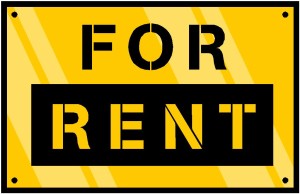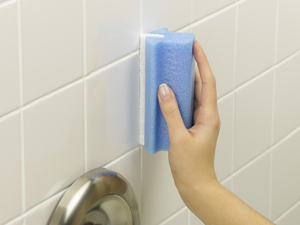Tenants renters insurance
More and more landlords these days are requiring renters to have a renter’s insurance policy in place during their tenancy. There are a lot of benefits to both the landlord and the renter as a result of the tenant having a policy. And renter’s policies are inexpensive — about $125-$175 per year — and give a renter decent coverage for the cost. Let’s first talk about why you should have the insurance in place, then answer the question of whether a landlord can require a tenant have renter’s insurance.
Why have a renter’s policy?
Unfortunately, things happen. Houses get robbed, units flood and suffer property damage, fires destroy belongings. The reason you have insurance is so that when these things happen, you don’t have to shoulder the entire cost on your own. The insurance company steps in and helps out, so the problem isn’t as disruptive to your life and livelihood as it would have been if you had not had that policy coverage in place.
And a renter’s policy protects not just your personal property — like TVs, clothing, couches, computers — in case of a loss, but it also provides some liability protection in case the dog bites someone, you cause a flood to other units or a guest at the property gets hurt.
Lastly, many policies will provide cash to cover temporary living costs and rent on another unit in case you cannot live in the apartment due to damages. Talk to your insurance agent regarding this and all the coverage components.
Can insurance be mandatory?
Insurance is a contractual issue between you and the owner of the property. If you have an existing lease that doesn’t require it, then you don’t have to carry it.
But when your lease is up for renewal, the owner can require it as a term of your new lease or any lease extension.
Overall though, it’s a small price to pay for some fair coverage. Before you fight having it, call your insurance agent and get a quote for basic coverage, like $25,000 in personal property coverage. You’ll probably get a lot more information from your agent, and hopefully decide that getting the coverage is really a good idea to give you some added insurance protection in life.



